Filter by
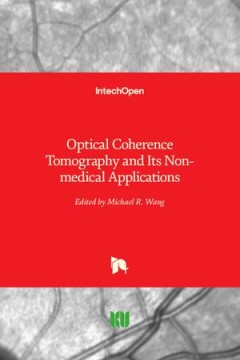
The Philosophical Salon: Speculations, Reflections, interventions
Through the interpretative lens of today’s leading thinkers, The Philosophical Salon illuminates the persistent intellectual queries and the most disquieting concerns of our actuality. Across its three main divisions—Speculations, Reflections, and Interventions—the volume constructs a complex mirror, in which our age might be able to recognize itself with all its imperfections, shadowy sp…
- Edition
- -
- ISBN/ISSN
- 9781785420382
- Collation
- -
- Series Title
- -
- Call Number
- -

Pataphilology: An Irreader
What do the bizzare etymologies of Jean-Pierre Brisset, made-up languages for literary fiction, The Dialectic of Enlightenment, Latin grammarians, Horace’s Epodes, and the Papyrus of Ani have in common? Absolutely nothing. Yet, taken together they provide an unusually coherent picture of a hitherto unacknowledged non-tradition of linguistic investigation. At these moments, particularly within…
- Edition
- -
- ISBN/ISSN
- 9781947447813
- Collation
- -
- Series Title
- -
- Call Number
- -
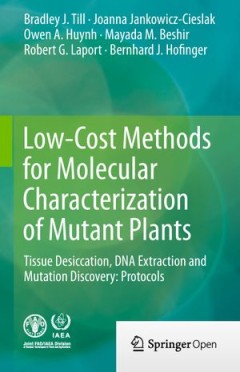
The Novel in the Spanish Silver Age: A Digital Analysis of Genre Using Machin…
What distinguishes an adventure novel from a historical novel? Can the same text belong to several genres? More to one than to another? Have some existing genres been overlooked? To answer these and similar questions, José Calvo Tello combines methods from Linguistics (lexicography), Literary Studies (genre theory), and Computer Science (machine learning, natural language processing). Located …
- Edition
- -
- ISBN/ISSN
- 9783839459256
- Collation
- -
- Series Title
- -
- Call Number
- -
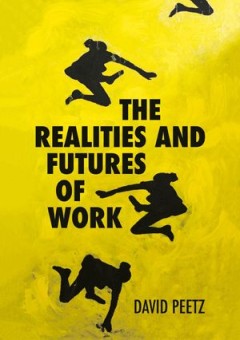
a More Developed Sign: interpreting The Work of Jesper Hoffmeyer
For more than 40 years, Jesper Hoffmeyer has been committed to the idea of developing “a semiotics of nature, or biosemiotics as he chose to call this effort, that could intelligibly explain how all the phenomena of inherent meaning and signification in living nature – from the lowest level of sign processes in unicellular organisms to the cognitive and social behavior of animals – can em…
- Edition
- -
- ISBN/ISSN
- 9789949199457
- Collation
- -
- Series Title
- -
- Call Number
- -
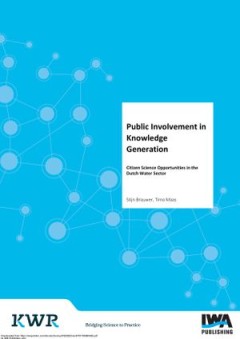
The Models of Space, Time and Vision in V. Nabokov’S Fiction: Narrative Str…
Marina Grishakova belongs to the younger generation scholars of the Tartu-Moscow school of semiotics. Her book is part of a semio-narratological tradition of a single author or a single work research that tackles issues of wider theoretical import: applicability of the concept of “modeling” in the humanities, theory of mimesis and the function of experimental literature in (post)modernist c…
- Edition
- -
- ISBN/ISSN
- 9789949320684
- Collation
- -
- Series Title
- -
- Call Number
- -
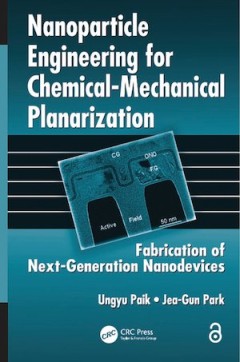
Literary Modernism and the Transformation of the Work
Literary Modernism and the Transformation of Work probes the relationship between the aesthetic structures of modernism and its political and philosophical shape. James F. Knapp explores modernism’s engagement with and reaction to the theories and discourse of scientific management that were reshaping the workplace in the early twentieth century, and in so doing, he traces the ways in which a…
- Edition
- -
- ISBN/ISSN
- 9780810139626
- Collation
- -
- Series Title
- -
- Call Number
- 302.2
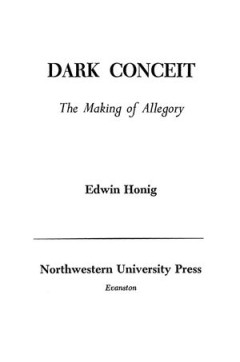
Dark Conceit: The Making of Allegory
Dark Conceit is the first book in English to treat allegory seriously in terms of literary creation and criticism. The study explores the methods and ideas that go into the making of allegory, discusses the misconceptions that have obscured the subject, and surveys the changing concept of allegory. The greater part of the book concerns the typical features of allegorical fiction, focusing on a …
- Edition
- -
- ISBN/ISSN
- 9780810139503
- Collation
- -
- Series Title
- -
- Call Number
- 302.2
 Computer Science, Information & General Works
Computer Science, Information & General Works  Philosophy & Psychology
Philosophy & Psychology  Religion
Religion  Social Sciences
Social Sciences  Language
Language  Pure Science
Pure Science  Applied Sciences
Applied Sciences  Art & Recreation
Art & Recreation  Literature
Literature  History & Geography
History & Geography